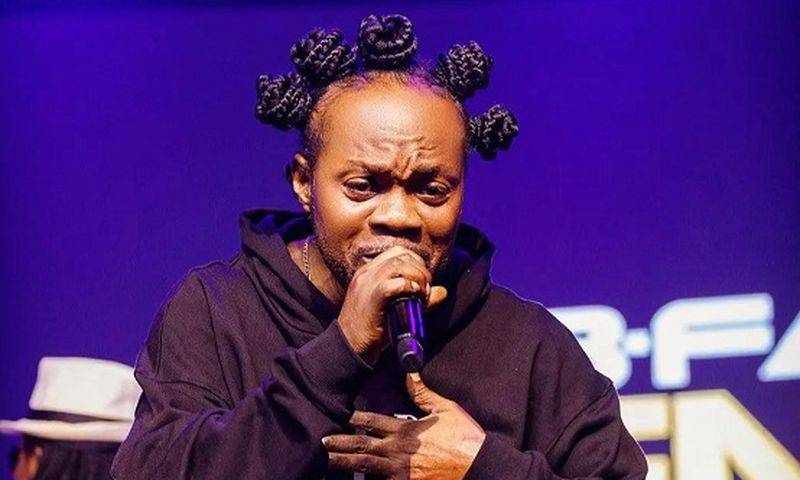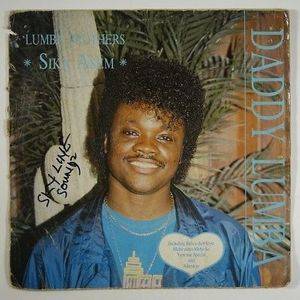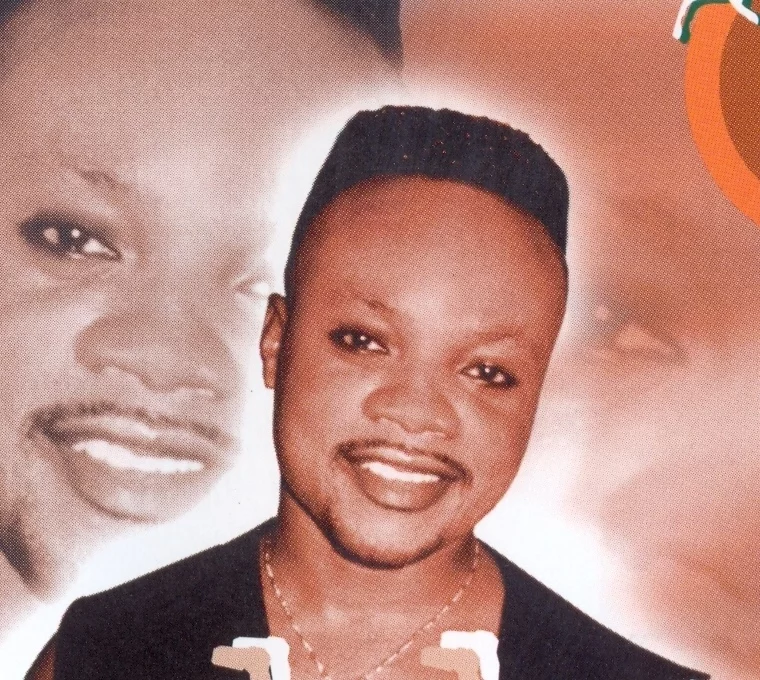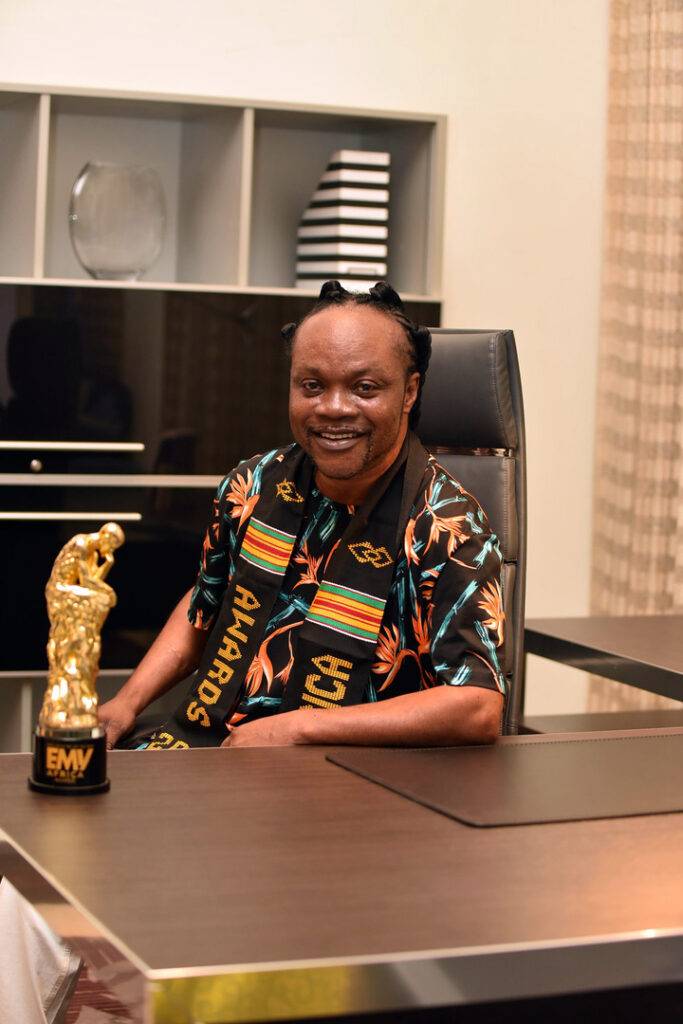Send Submissions To: inquiries@fourthavenew.com
Remembering An Icon: Daddy Lumba

Ghana and the music world mourns the loss of Daddy Lumba, born Charles Kwadwo Fosu, on 29 September 1964 in Nsuta, Ashanti Region. He rose from modest beginnings to become Ghana’s preeminent highlife musician, blending traditional rhythms with modern sensibilities to shape an entire generation’s soundtrack.
Daddy Lumba passed away in the early hours of Saturday, July 26, 2025, after a short illness, at the Bank Hospital in Cantonments, Accra. Family and fans were stunned by the news as many were in denial during the early hours of the development. He was widely reported as aged either 59 or 60 due to minor discrepancies in birth reporting. In statements via his radio station DL FM and legal representatives Baba Jamal & Associates, the family described him as more than a musician, “a cultural icon whose music touched countless lives,” capturing the struggles, hopes, and love stories of a nation.
Lumba’s musical journey began in high school as choir leader at Juaben Senior High School (1983–84), where he formed his first Lumba Brothers group with friends and his girlfriend, Theresa Abebrese. Encouraged by Theresa, he traveled to Germany, where he teamed up with Nana Acheampong to form the internationally recognized Lumba Brothers. Their debut album Yɛɛyɛ Aka Akwantuo Mu finally released in 1989 thanks to the support of Lumba’s wife, Akosua Serwaa.

He embarked on a solo career shortly after, releasing Obi Ate Meso Bo in 1990 which featured the beloved track “Theresa”, a tribute to Abebrese, his muse and early supporter. Across a prolific output of over 30 albums, including hits like Aben Wo Ha (1998), Awosuɔ, Obi Ate Me So Buɔ, Sika Asɛm, and Ebi Se Ɛyɛ Aduro, Daddy Lumba proved himself a master of melody, lyrics, and cultural resonance. His iconic single “Aben Wo Ha” stirred controversy with its suggestive lyrics as some radio presenters refused to play it, resulting in the boycott amplifying its popularity. It went on to win ‘Song of the Year’ at the 2000 Ghana Music Awards.

Daddy Lumba was as much a collaborator as a solo star. In 1999, he launched emerging sensation Ofori Amponsah via the album Woho Kyere, pairing with him on multiple hit tracks. Over time, he mentored 13 Ghanaian musicians, including Pat Thomas, Felix Owusu, and Afua Ampofowaa. He was also known for surprising fans with stylistic shifts, releasing gospel albums one year and provocative ones the next. He maintained full creative control through owning his studio and production equipment at Lumba Productions. In 2008, the poignant “Mpempem Do Me”, from the album Sika, embodied his reflective lyricism, expressing that while many may hate him, many more loved him. His most recent single, “Ofon Na Edi Asem Fo”, released in December 2022, once again showcased his songwriting and creative instincts.
Daddy Lumba wasn’t just prolific, he was transformational. Over a 30+ year career, he redefined Ghanaian highlife by fusing traditional melodies with contemporary rhythms, deeply reflective storytelling, and emotional authenticity. His songs became fixtures at celebrations, homes, and public spaces across generations. He helped shape Ghana’s music industry, elevating younger artists and sparking new sounds. His mentorship of artists like Ofori Amponsah and collaborations with peers affirmed his role as a cultural patriarch. His influence extended beyond entertainment; his songs became anthems of love, identity, and resilience, a gift to Ghana’s cultural heritage that will echo for generations.

Now ask yourself this, “Daddy Lumba can make ‘Billy Jean,’ but can Michael Jackson make ‘Aben Wo Ha’?”








